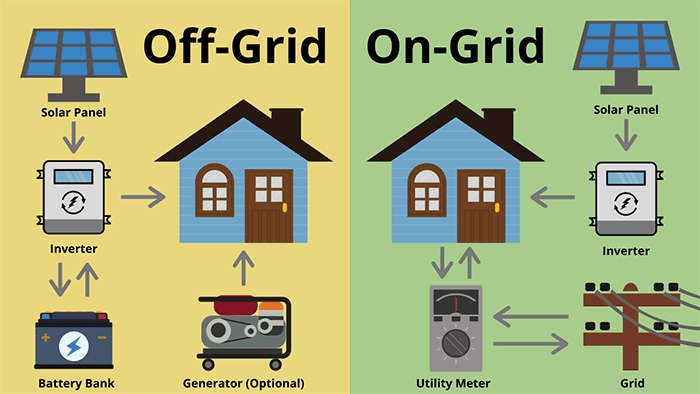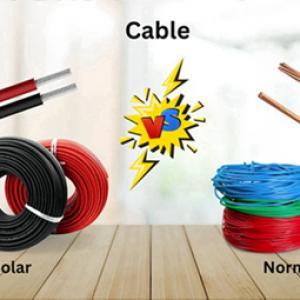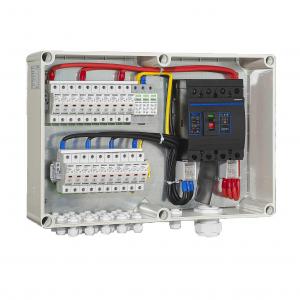On-Grid VS Off Grid
On-Grid solar VS off- Grid solar
When you are going to install a solar power system, there are a lot of decisions to make.
And because you’re investing in equipment that will last many years, you want to make the right choices.
If you partner with a reputable solar installer, they’ll be able to guide you through these decisions to get you the perfect system for your situation.
However, doing a little homework on the front end can’t hurt either.
That’s why we’re sharing the differences between on-grid and off-grid solar power to help you decide which is best for your solar project.

System components simplified for graphic
paradisesolarenergy.com
From above image seem look complicated. Actually, the difference between on grid and off grid solar system is quite simple.
As the name suggests, an off grid solar system is not connected to the grid, while an on grid solar system is networked to the utility grid.
A customer’s choice of a particular grid system influences the equipment needed for the installation, installation method as well as energy bills.
On-Grid system
An on-grid system implies that your solar system is connected to your utility company’s network.
Between the off-grid and on-grid systems, the latter is more popular as the users are covered by their utility company even if their solar systems under perform or malfunction.
Further, if the user generates excess energy, it can be reverted to the grid-power company.
In return, the user can build a credit that can be used to cash out at the end of the billing cycle (condition – *Subject to state net metering policy).
This process is known as net metering. Being tied to the grid minimizes upfront costs as the user does not have to purchase a costly battery back-up system for energy storage.
It mean on-grid system more economical. However, the key drawback of an on-grid system is that it shuts down completely in case of a power failure.
Therefore, an on-grid power system may not offer good outputs in areas that are prone to utility power failure.
Off-Grid system
As mentioned earlier, an off-grid solar power system is not connected to the utility grid and uses an additional battery system.
Therefore you won’t receive an electric bill at all. However, even with no electric bill, off-grid systems are often more expensive
because of the additional equipment like batteries that are needed to make it viable.
Usually, an off-grid system is designed to generate some excess electricity during the day which is transferred to the battery systems for storage.
The energy stored in the batteries can then be used during the night or when it is cloudy.
The users can opt for off grid solar power systems as per their energy goals.
Based on the energy estimates, solar systems can be sized to generate enough energy to meet the user’s energy requirements around the clock.
The key advantage of using off grid solar panels is that the user is not dependent on grid energy, which means a power failure or an outage would not affect the user in any way.
On the downside, an off grid solar system is dependent on solar radiation and prolonged cloudy weather can significantly impact the power outputs.
Further, an additional battery system can escalate the upfront installation costs for the users.
Finally,
Although there are distinct differences between off-grid and grid-tied solar systems, the one that is best for you is dependent on your situation.
Off-grid systems allow for complete freedom from the utility, but they’re often more expensive.
Grid-tied systems marry significant electricity savings with grid-backed dependence, so you’ll never have to worry about not having the electricity needed to power your house or business.
Bey.
Beyondsolar





